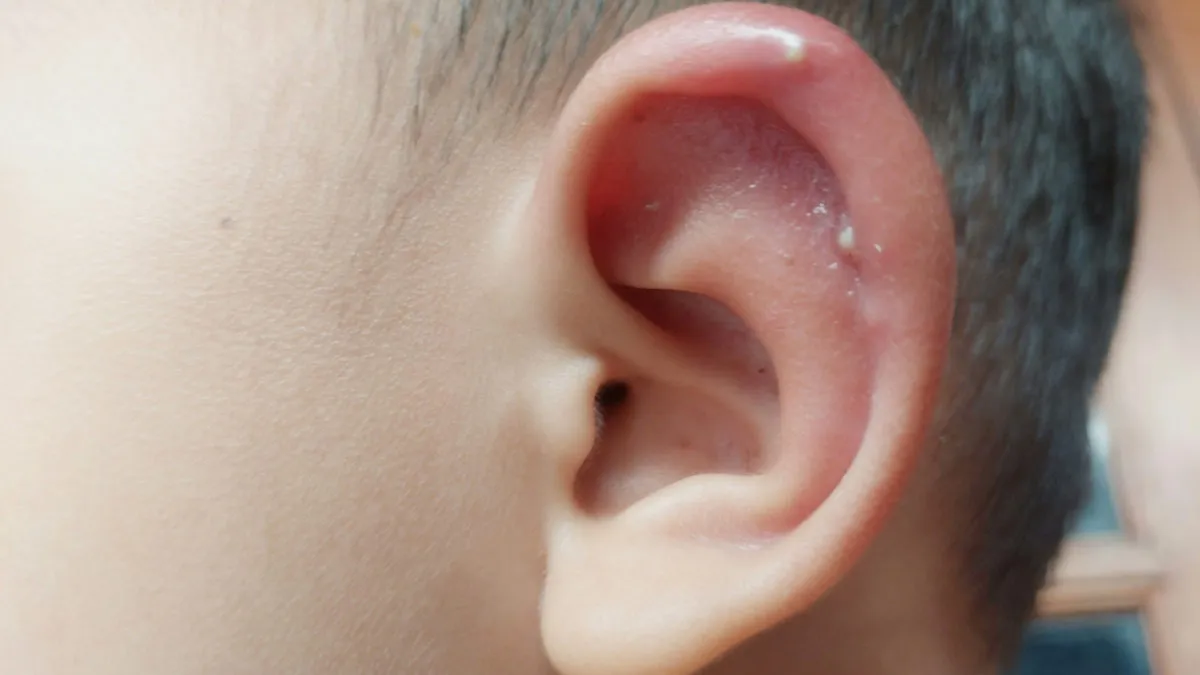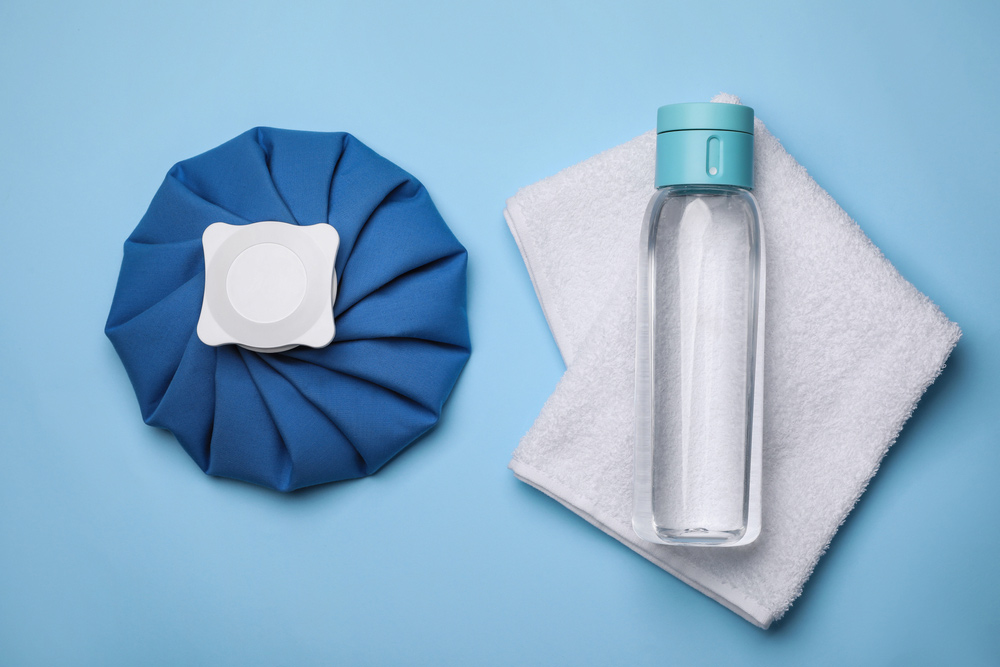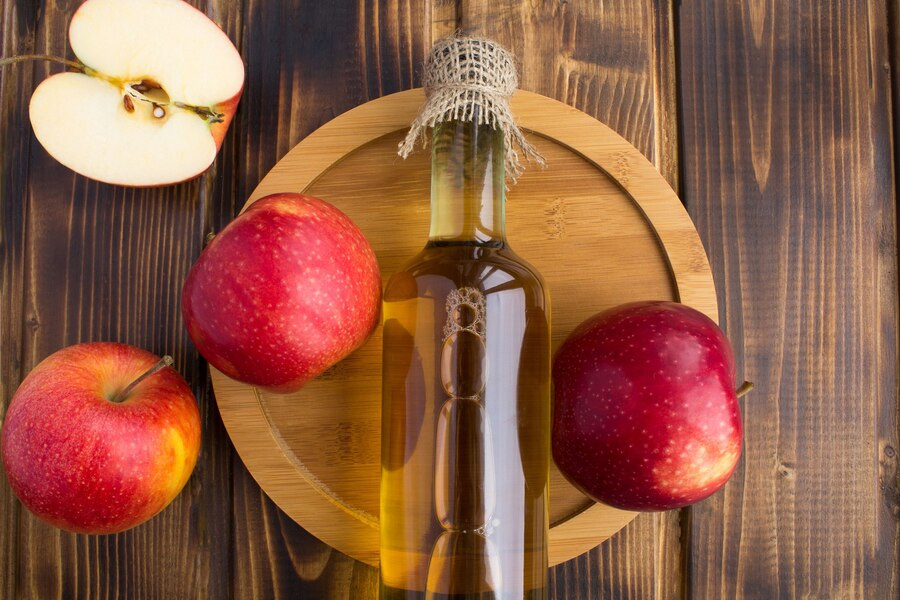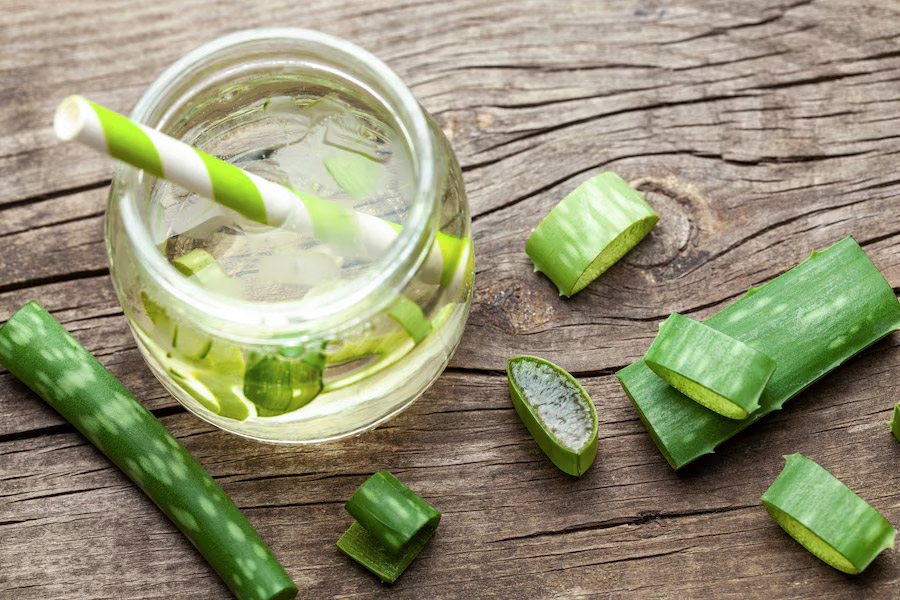
Dealing with a boil, especially one in and around the ear, can be both painful and frustrating. These tender, swollen bumps are not only uncomfortable but can also interfere with hearing, making even everyday activities feel like a challenge. Whether caused by an infection of a hair follicle or sweat gland, boils often come with redness, swelling, and pus buildup. If you’re looking for natural ways to manage boils around your ear, these remedies might just be the relief you need. Let’s dive into some simple, effective solutions that can support the healing process and ease the pain.
Table of Content:-
Home Remedies to Deal with Boils in and Around the Ear
1. Warm Compress

A warm compress is one of the most effective home remedies for treating boils. The heat from the compress helps to increase blood circulation to the area, which in turn accelerates the healing process and reduces the size of the boil. It can also help drain the pus, which alleviates pain and reduces the risk of further infection.
How to Use:
- Soak a clean washcloth in warm water.
- Wring out the excess water and apply the compress directly to the boil for 10-15 minutes.
- Repeat this process 2-3 times a day.
This method helps bring the boil to a head and encourages the pus to drain naturally. Be sure to avoid squeezing the boil, as this can spread the infection.
Also Read: How To Differentiate Between A Pimple And A Boil: Know From A Dermatologist
2. Tea Tree Oil
A 2022 study indicates that tea tree oil possesses powerful antibacterial and antiseptic properties, which may help combat the bacterial infection responsible for the boil. It helps combat the infection, reduce inflammation, and promote healing. Tea tree oil can be used both as a topical application or in combination with other soothing oils.
How to Use
- Mix a few drops of tea tree oil with carrier oil, such as coconut or olive oil, using about 1-2 drops of tea tree oil for every tablespoon of carrier oil.
- Take a cotton swab, dip it into the mixture and carefully apply it to the boil.
- Allow it to sit for 10-15 minutes and repeat the process 2-3 times daily.
The antibacterial properties of tea tree oil help target the bacteria causing the boil, while its anti-inflammatory effects reduce pain and swelling.
3. Apple Cider Vinegar

Apple cider vinegar is another natural remedy with antibacterial properties that can help treat boils. Its acidity helps draw out impurities and bacteria, while its antiseptic properties support healing. Apple cider vinegar also helps balance the skin’s pH, making it less likely for infections to thrive.
How to Use
- Begin by mixing one tablespoon of apple cider vinegar with warm water.
- Apply the mixture to the boil using a cotton ball, or soak a clean cloth in the solution and place it on the affected area.
- Leave it on for 10-15 minutes and repeat twice daily.
Apple cider vinegar is especially useful if you suspect the boil is being caused by bacteria deep in the skin.
Also Read: Does Eating Mangoes Cause Heat Boils? Know From A Dermatologist
4. Turmeric Paste
According to a 2021 study, turmeric's antibacterial and anti-inflammatory properties may support faster healing of a boil. The active compound curcumin found in turmeric helps reduce swelling, fight infection, and speed up the healing process. A turmeric paste applied directly to the boil can provide relief and prevent the infection from spreading.
How to Use
- Take turmeric powder and mix it with water and coconut oil to form a thick paste.
- Put the paste right on the boil and let it sit for 20-30 minutes.
- Rinse off with warm water.
- Repeat this process 2-3 times a day.
You can also consume turmeric internally, by mixing it with warm milk or water, to boost its anti-inflammatory effects from within.
5. Aloe Vera

Aloe vera is a natural anti-inflammatory and antibacterial agent, making it perfect for treating boils. It helps alleviate pain, swelling, and redness, while also promoting quicker healing of the boil.
How to Use
- Take a leaf of aloe vera and extract its gel for use.
- Apply this gel directly to the boil and rinse off after 30 mins.
- Repeat 2-3 times daily.
Aloe vera not only helps in treating the infection but also provides cooling relief from the discomfort that boils can cause, especially in sensitive areas like around the ear.
6. Epsom Salt Bath
Epsom salt is recognised for its ability to help remove toxins and alleviate discomfort. It can also reduce swelling and promote faster healing by improving circulation. An Epsom salt bath can be particularly helpful if the boil is near the ear and hard to treat directly.
How to Use
- Start by adding 1-2 cups of Epsom salt in a warm bath.
- For a faster healing process, soak for 20-30 minutes to allow the salt to reduce swelling.
- This method is especially helpful for larger boils or multiple boils in areas that are hard to reach.
[Disclaimer: This article contains information for informational purposes only. Hence, we advise you to consult your professional if you are dealing with any health issues to avoid complications.]
Also watch this video
How we keep this article up to date:
We work with experts and keep a close eye on the latest in health and wellness. Whenever there is a new research or helpful information, we update our articles with accurate and useful advice.
Current Version
